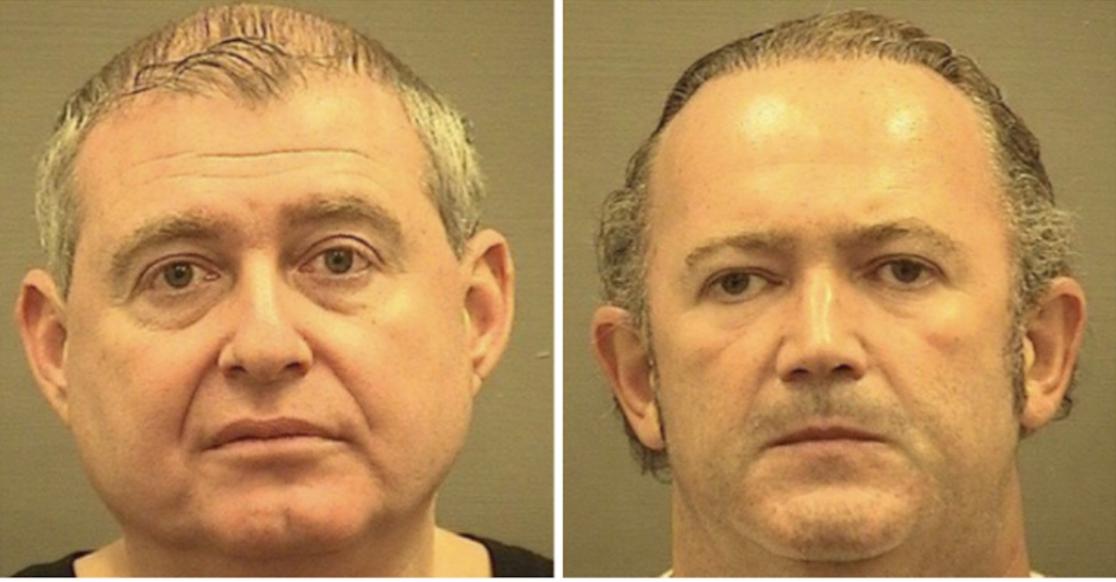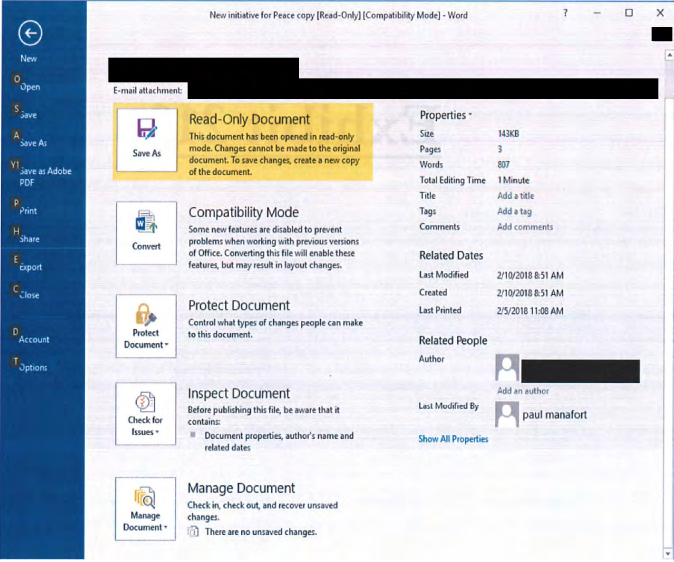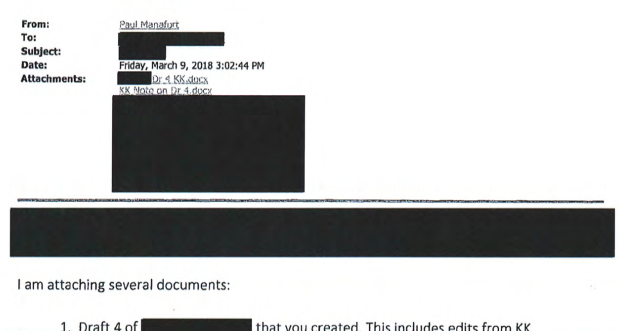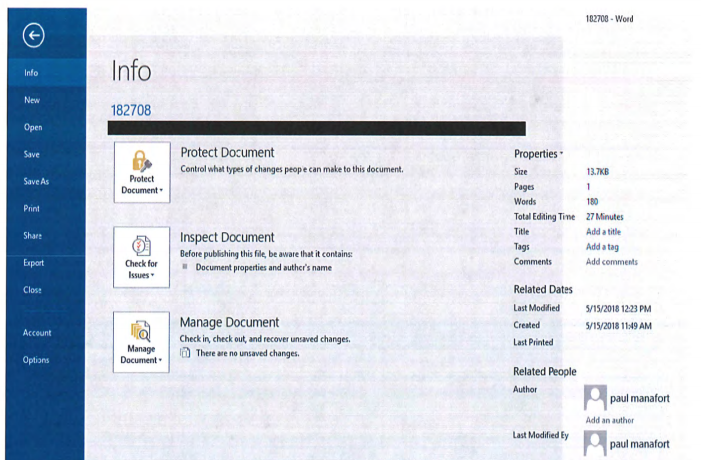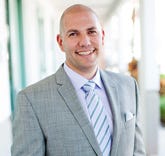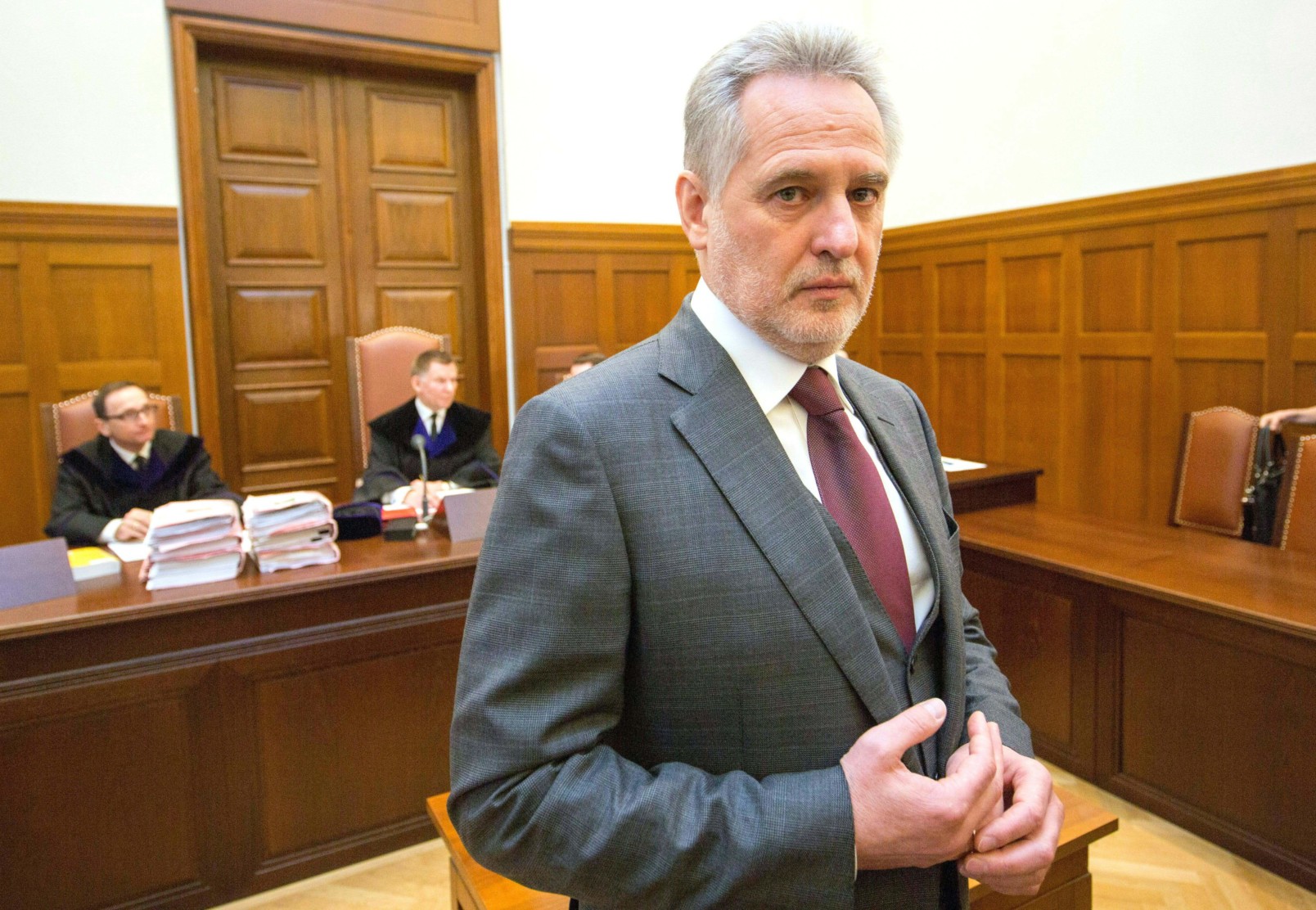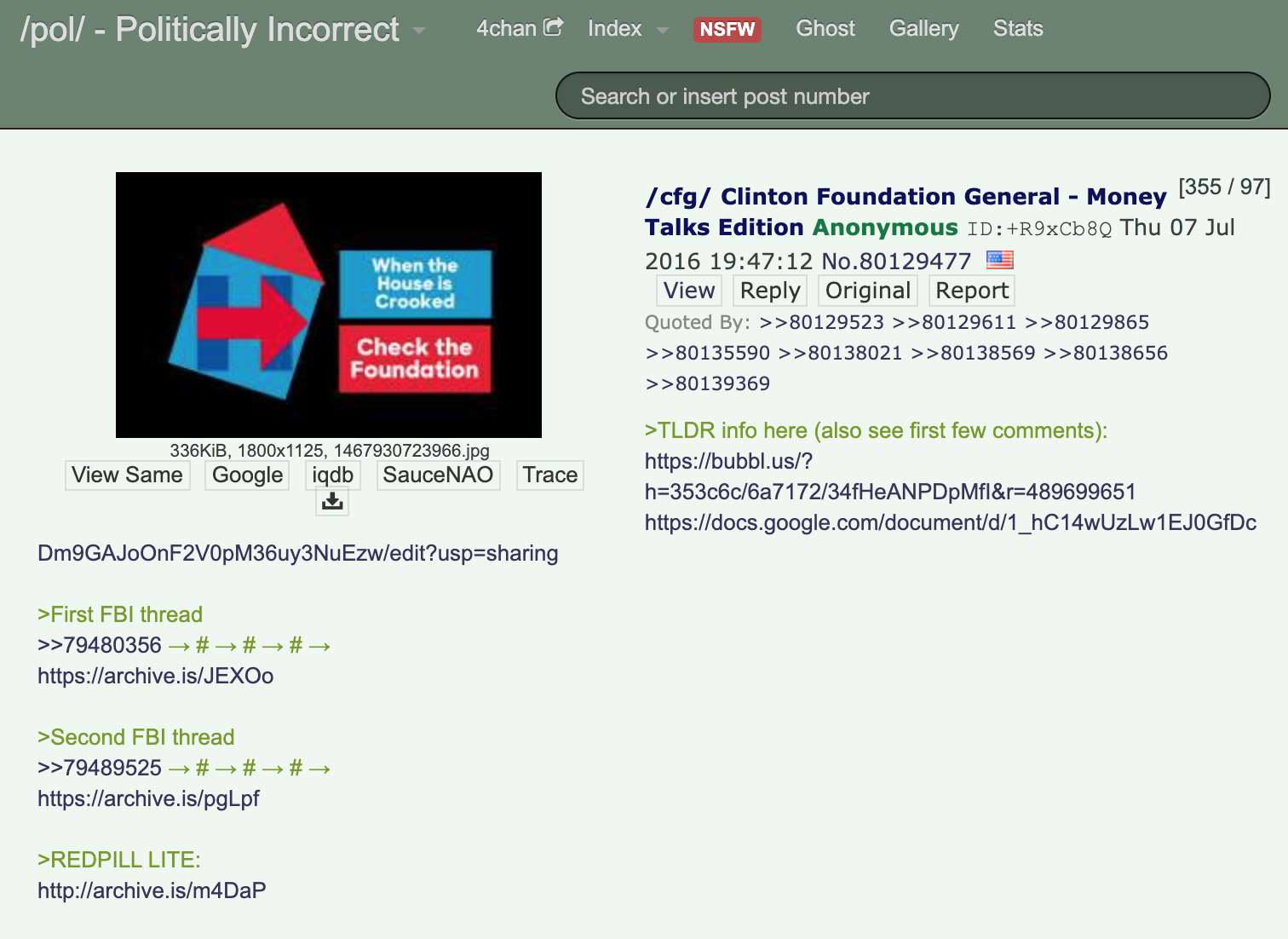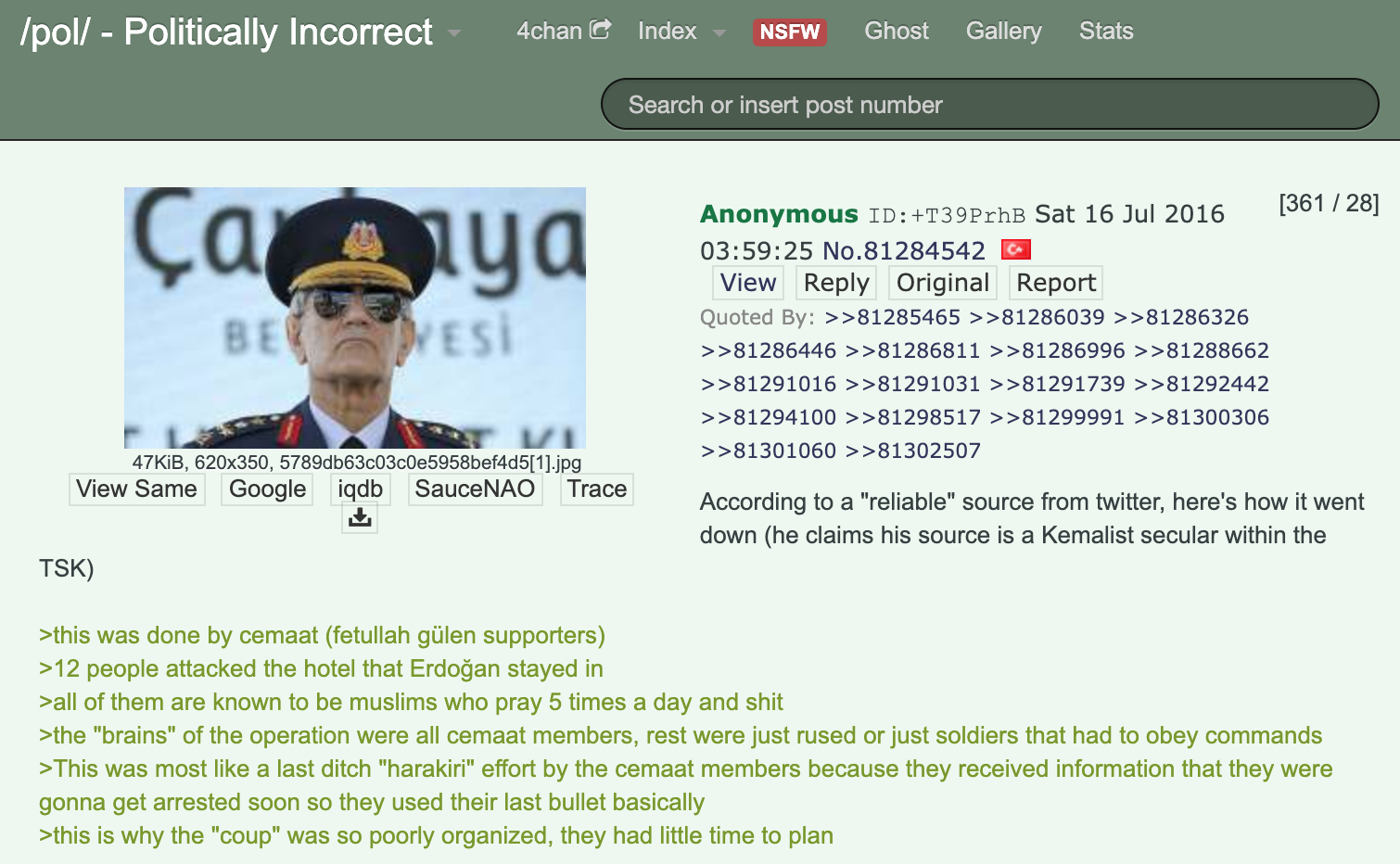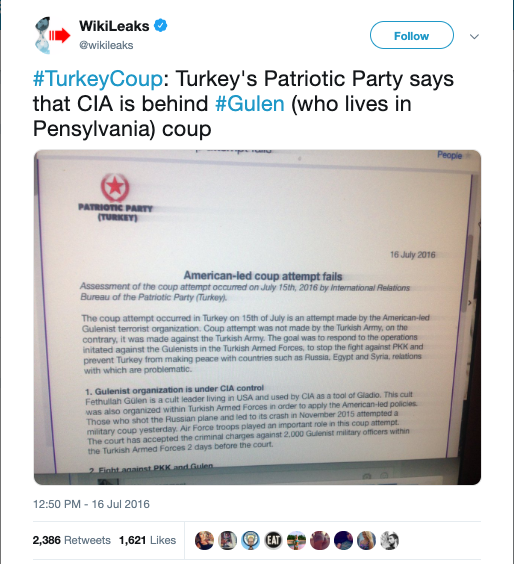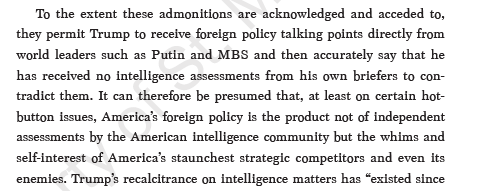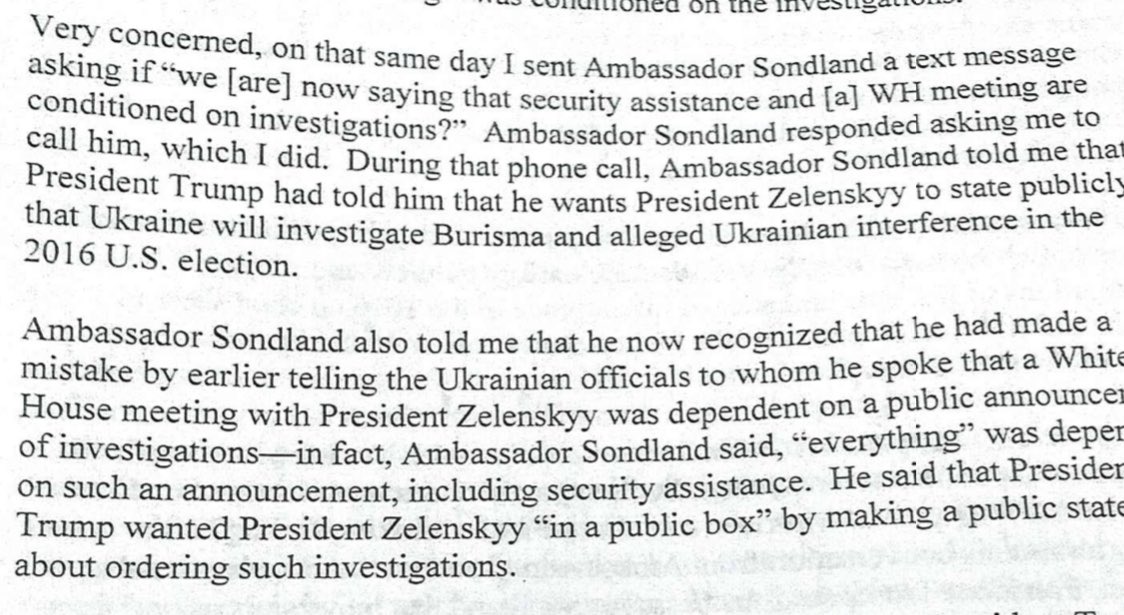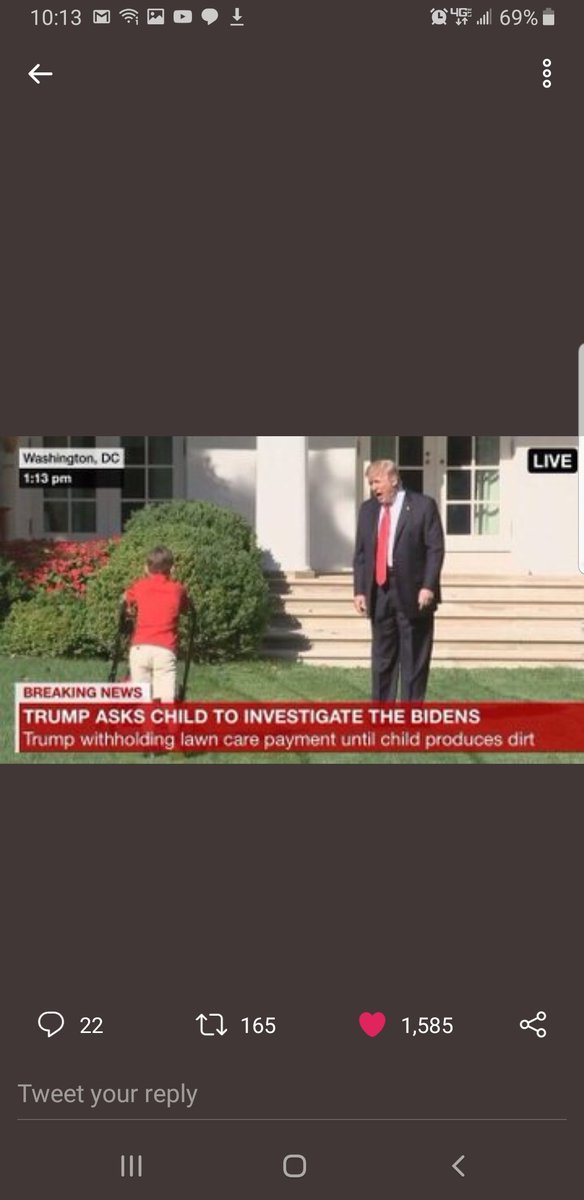How two Soviet-born emigres made it into elite Trump circles — and the center of the impeachment stormPaul Sonne
Lev Parnas and Igor Fruman, flanked by attorneys Kevin Downing, left, and Thomas Zehnle, right, appear before U.S. Judge Michael Nachmanoff in federal court in Alexandria on Thursday. (Dana Verkouteren/AP)
Lev Parnas, a Ukrainian-born emigre, appeared at a dark time in Donald Trump’s presidential campaign. Less than a month before the election, major GOP donors had been spooked by the revelation that Trump boasted about grabbing women during a recording of the television show “Access Hollywood.”
Parnas had never been a player in national Republican politics. But the onetime stockbroker chose that moment to deliver a $50,000 donation to Trump’s campaign and the Republican Party, and it quickly opened doors.
The contribution helped propel Parnas and his business partner, Belarus-born Igor Fruman, on an extraordinarily rapid rise into the upper echelon of Trump allies — before they became central figures in the presidential impeachment inquiry.
By spring 2018, the two men had dined with Trump, breakfasted with his son and attended exclusive events at Mar-a-Lago and the White House, all while jetting around the world and spending lavishly, particularly at Trump hotels in New York and Washington. That May, a pro-Trump super PAC reported receiving a $325,000 donation from an energy company the duo had recently formed.
Where Parnas and Fruman got their money remains a mystery. When they were arrested Wednesday on allegations of campaign finance violations, prosecutors alleged that Parnas and Fruman were backed in part by an unnamed Russian national who used them to funnel donations to state and federal candidates.
[Two business associates of Trump’s personal attorney Giuliani have been arrested on campaign finance charges]
This summer, Parnas had begun working as a translator for the legal team of Dmytro Firtash, an Ukrainian gas tycoon who faces bribery charges in the United States, according to Victoria Toensing, one of Firtash’s lawyers. The energy magnate has been accused by federal prosecutors of having ties to Russian organized crime and has been fighting extradition to the United States from Austria. Firtash has denied wrongdoing.
As they scaled the ranks of Trump’s Washington, Parnas and Fruman demonstrated a remarkable facility for capitalizing on their newfound connections, according to people who observed them. They also appeared to be constantly in pursuit of new business ventures — “always hustling,” in the words of one Trump ally who interacted with them.
In 2018, they hired the president’s personal attorney, Rudolph W. Giuliani, to serve as a consultant as they launched a security business — and then helped Giuliani, in turn, reach Ukrainian officials in his quest to find information damaging to Democrats.
During a visit to Israel last summer sponsored by a pro-Israel charity, Parnas and Fruman were “mega-dropping Rudy’s name” as they snapped photos with well-known figures, according to former White House communications director Anthony Scaramucci, who was also on the trip.
“ ‘We’re best friends with Rudy Giuliani,’ ” Scaramucci said the two men told him. “ ‘We work with him on everything.’ ”
Giuliani’s ties to the duo are now under scrutiny by both federal prosecutors and congressional investigators seeking to unravel how two businessmen trailed by creditors and failed past ventures came to be at the center of an expanding international drama.
Giuliani has denied knowledge of any wrongdoing. He said Friday that he had seen the two men “quite often.”
“I have no reason to believe that they are anything other than decent guys,” he said.
Parnas and Fruman, who made a brief court appearance Thursday in Alexandria, have not entered a plea to the charges against them.
Their new lawyer, John Dowd — who also previously served as a personal attorney for Trump — declined to respond to a number of questions about the two men, writing only in an email, “You publish at your peril.”
Elite Trump circles
Parnas, 47, was born in Ukraine but moved with his family to the U.S. as a child and grew up in Brooklyn. He told The Washington Post in an interview conducted before his arrest that he got his start in real estate, selling Trump condos for Donald Trump’s father, Fred, then worked in shipping in the former Soviet Union before becoming a securities trader. He moved to Florida in the mid-1990s.
People who encountered the two men in recent years said that Parnas did most of the talking and seemed to be the public face of their U.S. partnership. But Parnas told The Post that Fruman was the one with especially deep connections in Ukraine.
Born in Belarus, Fruman, 53, owns a luxury jewelry business, a luxury car dealership and a hotel in Odessa, the port city on the Black Sea. He also owns an import-export business based in New York.
Both men have been trailed by financial problems, including a lawsuit filed against them earlier this year claiming they had failed to repay a $100,000 loan in 2018. The suit has been settled.
Parnas told The Post that he got involved in the Trump campaign because he admired the real estate developer, whom he said he had met several times before the election.
“I was really passionate about the president,” he said. “I started really believing that he could really make a change and make it happen. Then I jumped on the campaign, donated money and became a really big believer.”
Now, Parnas said, “I think he’s going to go down as one of the greatest presidents ever, even with all this negativity.”
As for Giuliani, Parnas said he had met the former New York mayor during the campaign but that the relationship “bonded and built over time.”
“We’re just very close,” he said, calling Giuliani “a very good friend.”
Giuliani said Friday that he recalls first meeting Parnas and Fruman in “mid-to-late 2018” after a lawyer who is a friend referred them to him.
At the time, Giuliani said, the men were ramping up a company called Fraud Guarantee, which would use specialized software to identify possible fraud in companies.
“I know a lot about cybersecurity,” he said. “So they wanted my advice.”
Giuliani said his security consulting firm did “intense” work for the two men in 2018 and 2019, providing paid advice on how to structure their company.
[Impeachment inquiry puts new focus on Giuliani’s work for prominent figures in Ukraine]
Around the same time, the two men began to appear regularly at elite Trump-related events and started to track their travels on Facebook and Instagram. Their posts have now been deleted, but were captured by BuzzFeed and other news organizations before they were taken down.
Fruman posted photos of himself at a Republican National Committee fundraiser at Trump’s estate Mar-a-Lago in March 2018. In one, he was standing in front of a Florida flag next to Trump, who offered two thumbs up for the camera.
That May, Parnas posted photos and videos on Facebook that he wrote were taken at the White House, including one of him beaming as he stood next to the president between two American flags, giving a thumbs-up. “Thank you President Trump !!!” he wrote, adding, “incredible dinner and even better conversation.”
Ten days later, Fruman told the Brooklyn-based Russian-language publication Jewish World that the two men had been part of a group of just eight people who met privately with the president and discussed the upcoming midterm elections. Fruman said he also had discussed Ukraine-U.S. relations at the dinner.
White House officials declined to comment on the event.
Later that month, Parnas posted a photo of himself and Fruman breakfasting at the Beverly Hills Hotel Polo Lounge with Donald Trump Jr. and Tommy Hicks Jr., a close friend of the president’s son and top RNC official. “#Trump2020,” he captioned the photo.
An attorney for Trump Jr. declined to comment. Hicks did not respond to requests for comment.
In an exchange with reporters outside the White House on Thursday, Trump said he doesn’t know Parnas and Fruman, dismissing the photos of himself with the two men.
“I don’t know those gentlemen,” Trump said. “Now, it’s possible I have a picture with them, because I have a picture with everybody. . . . I don’t know about them; I don’t know what they do. I don’t know, maybe they were clients of Rudy. You’d have to ask Rudy.”
Parnas and Fruman were also patrons of the president’s hotel.
In one five-week period between September 2018 and October 2018, the two men racked up more than $13,000 in charges at the Trump hotels in New York and Washington, according to a person familiar with their finances, who spoke on the condition of anonymity to share private information.
In December, they attended a White House Hanukkah party, posting a photo on social media that includes Giuliani, Trump and Vice President Pence. A White House aide said the event was attended by hundreds of people.
The two men also began donating liberally to federal and state political committees, including a $325,000 contribution in May 2018 to the pro-Trump super PAC America First Action.
All told, the two and their energy firm contributed at least $630,000 to federal GOP candidates and PACs since 2016, campaign finance filings show.
The money also flowed to candidates in Nevada, Texas, West Virginia and Florida. Prosecutors now allege the campaign contributions were part of an illegal scheme to funnel foreign money to “buy potential influence with candidates, campaigns and the candidates’ governments,” according to the indictment.
The two men, along with two other associates, are charged with laundering money through corporate bank accounts and using straw donors to obscure the source of their funds, including illegal foreign contributions.
Kelly Sadler, a spokeswoman for America First Action, said the super PAC is placing the contribution it received in a segregated bank account “until these matters are resolved. We take our legal obligations seriously and scrupulously comply with the law.”
Jay Sekulow, an attorney for Trump, said: “As the indictment states, neither the President nor the [Trump] campaign were aware of the allegations.”
Pitching a gas deal
Over the same period that they were cultivating political ties, Parnas and Fruman were involved with a dizzying array of business pursuits.
Apart from Fraud Guarantee, they planned to launch a recreational marijuana business in states such as Nevada with the Russian national, according to the indictment.
Parnas also received tens of thousands of dollars last year from the firm of Brian Ballard, a longtime Florida lobbyist who is close to Trump, according to a person familiar with Parnas’s finances. Another person familiar with the arrangement said Parnas was paid to refer possible clients, but none were connected to Ukraine.
In April 2018, the two men incorporated their new company, Global Energy Producers, which purportedly intended to sell liquefied natural gas. Quickly, the two began an effort to export American gas into Ukraine through Poland.
Efforts to bring more U.S. gas to Europe — particularly Ukraine, to reduce its dependence on Russian energy — have been a priority for the Trump administration.
Neither Parnas nor Fruman had any particular experience in the energy world, but at an energy conference in Houston in March, they made a pitch to Ukrainian state oil and gas giant Naftogaz.
Parnas and Fruman approached a top official at Naftogaz, Andrew Favorov, regarding their venture, according Dale W. Perry, an American businessman close to Favorov, as well as another a person familiar with the matter who spoke on the condition on anonymity to describe the private conversation.
Then, in a conversation first reported by the Associated Press, Parnas and Fruman pitched their LNG business and their hope to soon see new leadership at Naftogaz that would be receptive to their proposal. They asserted that U.S. Ambassador to Ukraine Marie Yovanovitch, who opposed replacing the company’s chief executive, would soon be gone.
By May, Yovanovitch had been abruptly recalled from her post on Trump’s orders.
[Ousted ambassador Marie Yovanovitch tells Congress Trump pressured State Dept. to remove her]
The implication, according to the person familiar with the meeting, was that the men would help Favorov take the top job at Naftogaz and then begin selling LNG to the Ukrainian state gas conglomerate.
Favorov declined the offer, Perry said. He said the Naftogaz official, a former business partner, contacted him soon afterward and described the encounter, which Favorov told Perry made him deeply uncomfortable.
Favorov and Perry were particularly concerned by the efforts of private businessmen with personal motivations to push for the ouster of Yovanovitch, who they view as a conscientious public servant, Perry said.
“If she can be removed, then anything is possible now,” Perry said. “Where is the rule of law? Where is the stability?” Favorov could not be reached for comment.
Parnas, speaking to The Post before his arrest, said nothing ultimately came of his efforts to launch the LNG venture in Ukraine, in part because of the attention he and Fruman received for their political activities with Giuliani.
“Now everybody is scared to do business with us,” Parnas said.
Backing Giuliani's efforts
The campaign against Yovanovitch was embraced by Giuliani as part of his broader effort to pressure Ukraine to launch investigations into Trump’s political rivals. Parnas and Fruman assisted him in that project.
“They were helping me a lot in Ukraine,” Giuliani said Friday.
According to Parnas, he was sitting at lunch with Giuliani in late 2018 when the former New York mayor was approached by an American with information about Ukraine. On learning of Giuliani’s interest in Ukraine, Parnas said he then worked to connect Giuliani with people in Ukraine who had information he believed could assist the effort.
“Me just being next to him, me being Russian speaking and having business there and knowing the culture and also knowing a lot of individuals and having a lot of relationships somehow just basically steamrolled into me taking an active role as a patriotic duty,” Parnas said. “And here we are now.”
Parnas has said he helped set up a call for Giuliani in January 2019 with Viktor Shokin, a former Ukrainian prosecutor who has alleged that he was fired in 2016 for investigating a company whose board included former vice president Biden’s son Hunter. Parnas said he and Fruman also connected Giuliani with Yuriy Lutsenko, who served as Ukraine’s top prosecutor until August.
“We took it upon ourselves as our patriotic duty, basically, whatever information we could get, to pass it on and to basically validate it as best as we could,” Parnas said.
[In gambit for Trump, Giuliani engaged parade of Ukrainian prosecutors]
Among other topics, Parnas has said he and Giuliani discussed Yovanovich, who was removed from her position in May on Trump’s orders after a whisper campaign that she was disloyal to the president.
Prosecutors said Thursday that Parnas’s efforts to remove Yovanovich came “at least in part at the request of one or more Ukrainian government officials.”
In recent months, Parnas has become even more financially entangled with Giuliani and his allies.
In an interview, Toensing said she and her husband, attorney Joe diGenova, retained Parnas this summer to work as a translator as they represent Firtash, who has been charged in Illinois with bribing Indian officials related to mining interests in that country. He is fighting extradition to the U.S. from Austria.
Firtash, who U.S. prosecutors have alleged in court documents is an “upper-echelon” associate of Russian organized crime, has denied wrongdoing. Earlier this year, he hired Toensing and diGenova, who appear frequently on Fox News and are close to Giuliani.
Toensing said she was “outraged” by the Justice Department charges against her client, adding that “the Indian government has investigated” the bribery claim and filed no charges in the case. She said Firtash’s Austrian extradition case included testimony from investigators who found that he had “no ties to organized crime.”
Toensing said she met Parnas through Giuliani and tapped him “to be our translator to review documents and to help with Ukraine,” noting that “he speaks Russian and our client does not speak English.”
Parnas and Fruman’s myriad political and business ventures came to an abrupt halt Wednesday.
The duo had lunched that day with Giuliani at the Trump International Hotel in Washington, according to the Wall Street Journal.
Hours later, they were at Dulles Airport, about to board a plane to Europe, when authorities in the hallway stopped them and asked to see their passports, according to a person who saw the encounter who spoke on the condition of anonymity because of the ongoing investigation.
Soon, the person said, about a dozen plainclothes investigators converged on the scene, and the two men were led away.
Alice Crites, Ashley Parker, Anu Narayanswamy and Matt Zapotosky contributed to this report.
https://www.washingtonpost.com/politics ... story.html 



